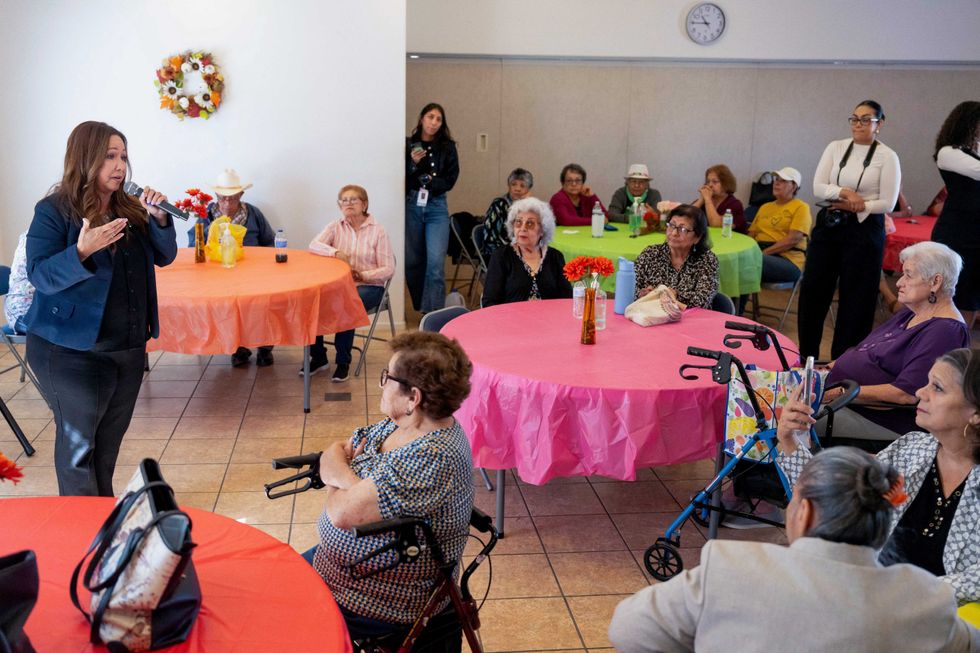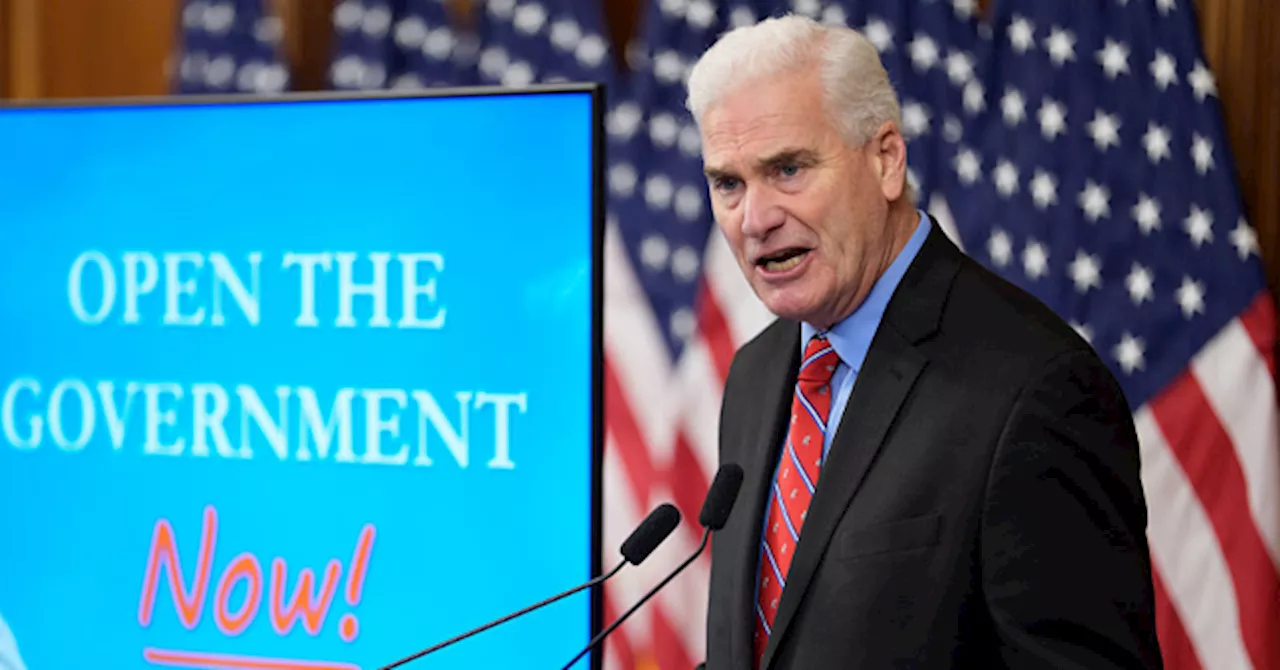Older women in the United States are increasingly losing confidence in the future of Social Security, according to recent focus group discussions conducted by AARP. Participants expressed their concerns about potential reductions to benefits, reflecting a significant shift in attitudes towards a program long considered a cornerstone of financial security for older Americans.
During a focus group session earlier this month, 74-year-old Dorothy B. from North Carolina articulated the prevailing sentiment, stating, “They’ll find a way to take it from you.” This sentiment resonated with others, including 65-year-old Claudia C. from Washington, who explained her decision to claim Social Security benefits earlier than planned, saying, “I could have waited until 70… but I felt that I should take it now.” All eight participants in this Democratic-leaning group indicated their worries about the program’s future.
The uncertainty was not confined to a single political affiliation. In a separate focus group of Republican women, five out of eight expressed a lack of confidence in Social Security. Amy M., a 70-year-old from Missouri, lamented the projected depletion of funds by 2032 and criticized Congress for failing to address these concerns. Similarly, Patricia H., a 66-year-old from New Jersey, mentioned her hesitation to spend on luxuries like vacations due to the unpredictable political climate.
This growing apprehension marks a stark departure from previous polling trends that indicated a steady confidence in Social Security among older adults. According to AARP’s recent survey, confidence in the program has dropped by seven percentage points over the past five years. While approximately 65 percent of those aged 65 and older reported being somewhat or very confident in Social Security’s future, younger age groups showed more skepticism. Only 25 percent of Americans aged 18 to 24 expressed confidence, and even fewer, 20 percent, of those aged 25 to 34 felt similarly.
Jenn Jones, Vice President of Financial Security and Liveable Communities at AARP, noted that once individuals begin receiving benefits, their perspective shifts positively. “Once you start receiving the benefit, it really does shift perspective about how you feel about the program,” she explained.
Kathleen Romig, Director of Social Security and Disability Policy at the Center on Budget and Policy Priorities, echoed these observations but expressed surprise at the level of uncertainty displayed in the focus groups. She suggested that the decline in confidence might stem from a broader distrust in institutions, particularly regarding the Social Security Administration. Romig referred to a report from the Urban Institute that indicated a rise in early claims for benefits following administrative changes that created confusion within the agency.
“The way the political climate is, you just never know,” Patricia H. said, highlighting how this uncertainty impacts financial decisions.
The implications of claiming benefits early can be significant. For instance, individuals who choose to start receiving Social Security at age 62 rather than at their full retirement age may face a reduction of 30 percent in monthly benefits for the remainder of their lives.
Jones pointed out that older women, in particular, are more vulnerable to these shifts because they typically receive lower Social Security payments compared to men. This disparity is partly a result of the gender pay gap, which sees women earning around 80 cents for every dollar earned by men. Additionally, women often assume caregiving roles, which may lead them to leave the workforce temporarily, further impacting their future benefits.
The future of Social Security remains uncertain, but both Romig and Jones believe that significant changes for current beneficiaries are unlikely. “There’s a pretty strong bipartisan consensus that you just don’t go after people who are already receiving benefits or are close to it,” Romig stated. Still, the anxiety expressed by older Americans, particularly women, underscores a growing need for reassurance about the program’s viability.
As confidence in government institutions wanes, many are left questioning the sustainability of Social Security. “Confidence in all kinds of institutions has been diminishing over some time, but especially this year,” Romig noted, attributing this shift to recent administrative chaos and political instability.
This article originates from a collaborative effort with The 19th, an independent newsroom focused on gender and politics.







